Manuel "Manny" Mogato
Manuel “Manny” Mogato is a Filipino Pulitzer Prize-winning journalist with more than four decades in the field.
Mogato was a general news correspondent for Reuters News for 15 years, covering disaster, conflict, diplomacy, and local politics.
Currently, he is the defense and military editor of Cignal TV’s OneNews channel. He is also a columnist for the TV network News5 and the news and opinion platform PressOne.Ph and a lecturer on national security reporting at the Journalism program of the University of Santo Tomas.
He began his career as a crime/police beat reporter for the tabloid People’s Journal in the early 1980s before he moved to the revived Manila Times in 1985.
He was also the defense reporter and Malacanang Palace reporter for the defunct Manila Chronicle from 1986 to 1994, covering the most turbulent times in the country’s history under former President Corazon Aquino.
He had a brief stint as Manila reporter for the Japanese newspaper Asahi Shimbun, before returning to Manila Times as assistant news editor in 1997. He rejoined Asahi Shimbun after President Joseph Estrada shut down the Manila Times in 1999. In 2003, he moved to Reuters.
As a journalist, he was hailed reporter of the year by the Union of Catholic Asian News (UCAN) in 2000.
He was also recognized by the Society of Publishers in Asia (SOPA) in Hong Kong for his coverage of Typhoon Haiyan in 2013.
In 2017, he won the Jaime V. Ongpin Investigative Journalism and was named by the Canadian embassy as a Marshal McLuhan fellow.
The following year, he won the Roy Rowan Investigative Journalism Award in the 79th American Overseas Press Club and the 2018 Pulitzer Prize for International Reporting.
Amnesty International in London also recognized his journalistic work in promoting human rights.
Mogato was also the US State Department’s International Visitors’ Program fellow in 1993, the Nihon Kyokai fellow in 1998, and the Japanese Ministry of Foreign Affairs’ Asia-Pacific Journalist fellow in 2004.
Articles
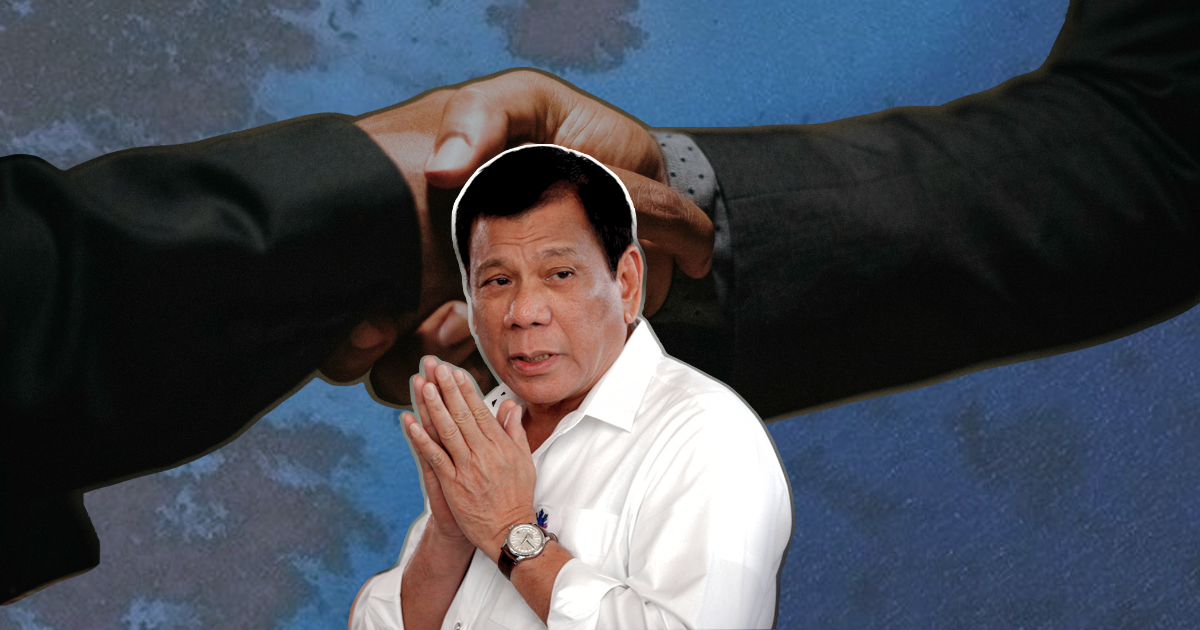
Salvador Medialdea, the former executive secretary in the Duterte administration, firmly denied the “gentleman’s agreement” between the former president and China’s leader Xi Jinping.
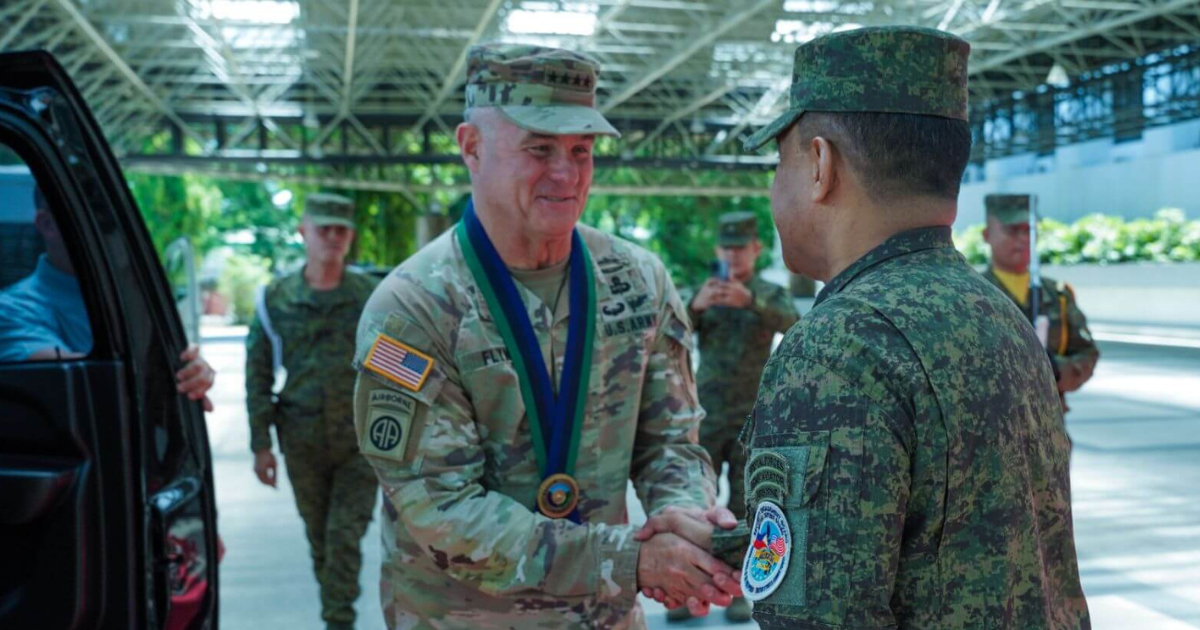
The United States Army in the Pacific and the Philippine Army’s 7th and 5th Divisions will begin the second phase of the Army-led Salaknib exercises next month, testing for the first time the US Joint Pacific Multinational Training Center in the Indo-Pacific region.
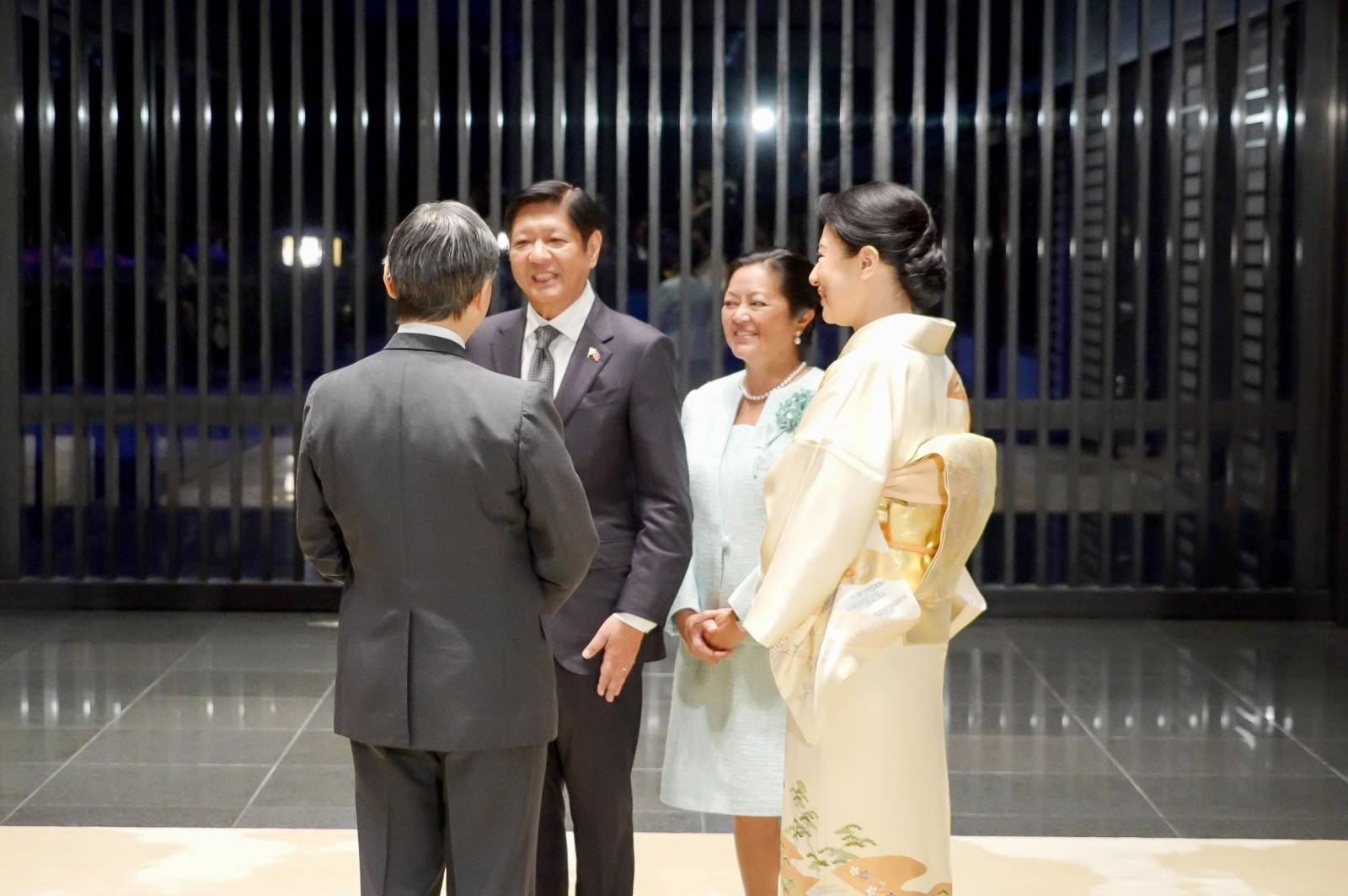
The Philippines and Japan may sign the Reciprocal Access Agreement (RAA) in Tokyo during the 2+2 meeting between the two countries’ defense and foreign officials in the third quarter of 2024.
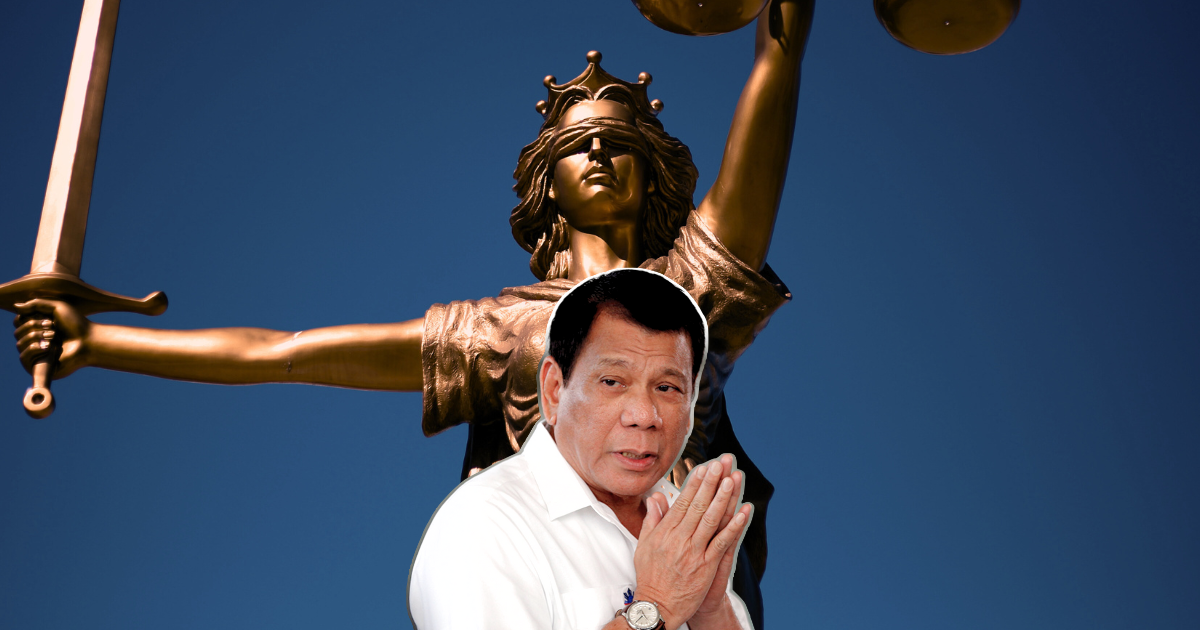
Antonio Trillanes IV said the ICC might issue an arrest warrant either in June or in July after it completes its preliminary investigation on the thousands of people killed in Duterte’s six-year rampage to stamp out illegal drugs in the country.
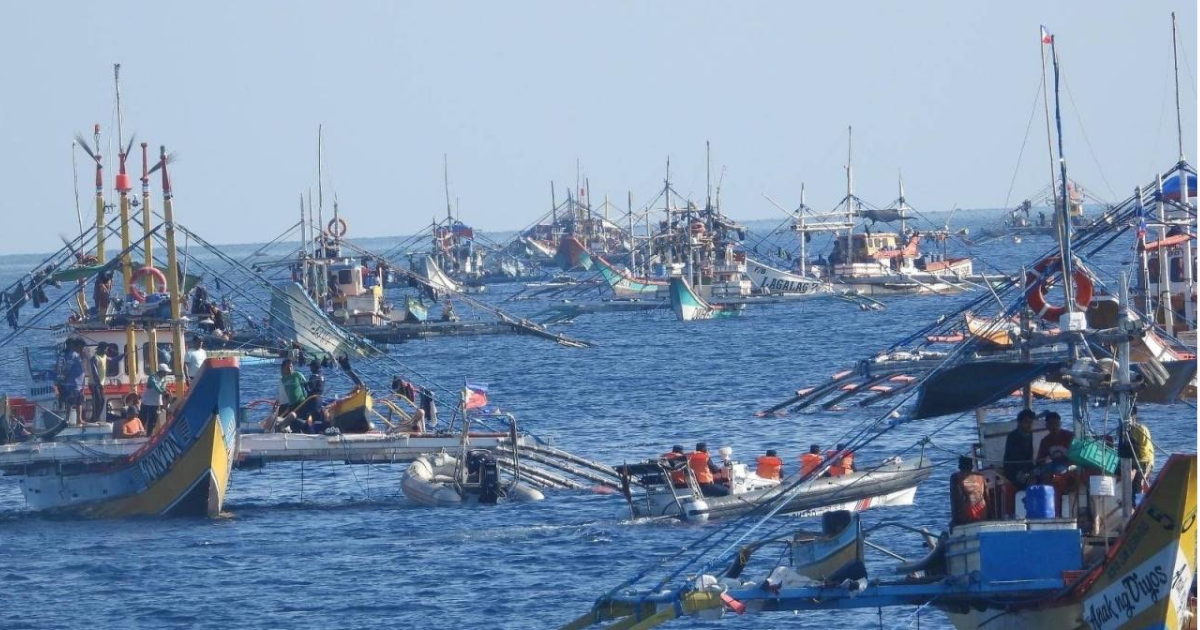
The Philippines has strongly protested China’s unilateral imposition of a four-month fishing ban in the South China Sea as a violation of the international law on the sea.
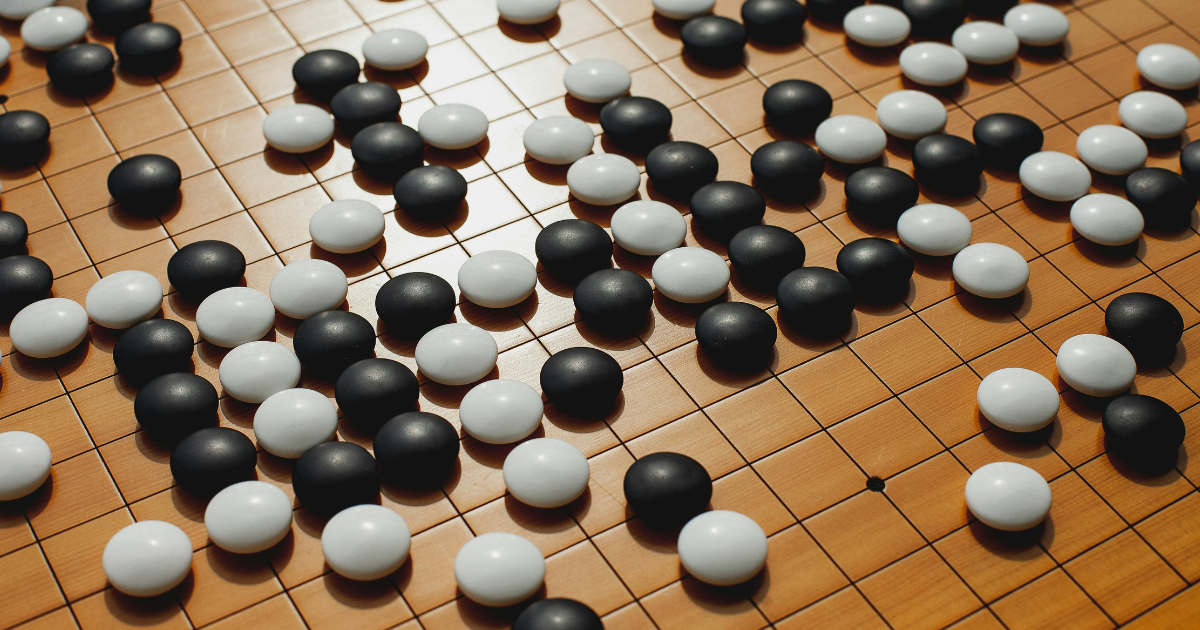
China invented and mastered the abstract strategy board game “Go” before introducing it to the Koreans, the Japanese, and the world. It’s the Oriental board game equivalent to chess played in the West and is usually played by two players.
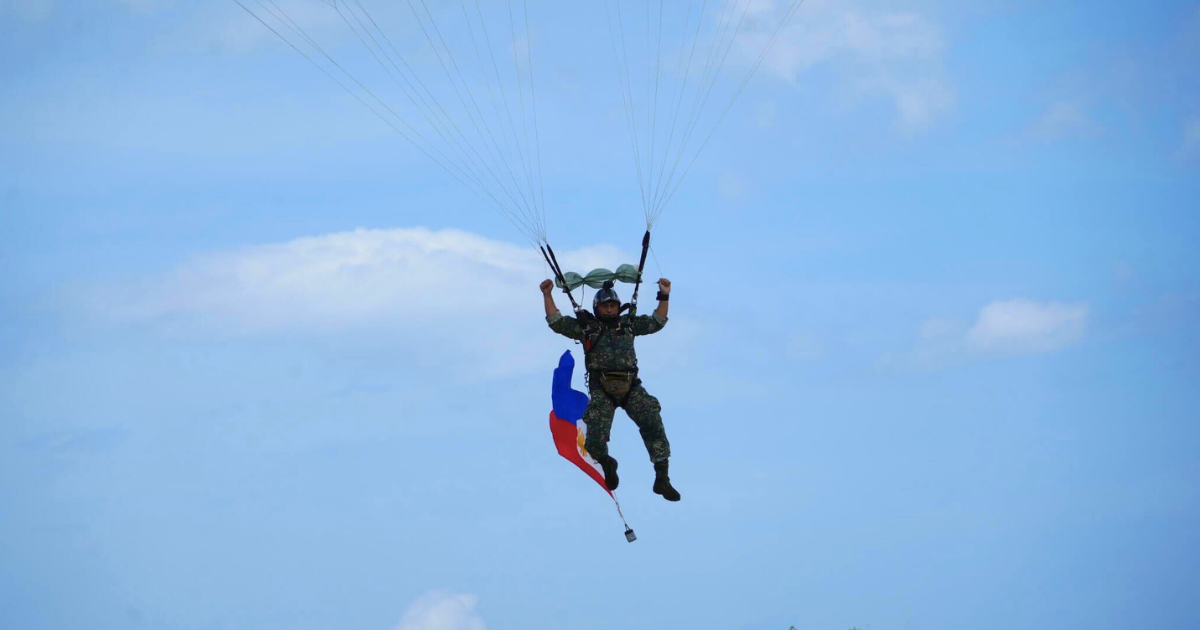
“We learned a lot from this year’s activities, particularly in defending our territory from potential missiles, drone, and aircraft attack as well as amphibious landing operations from a hostile third party,” the army colonel said, summing up the important lessons from the exercises.
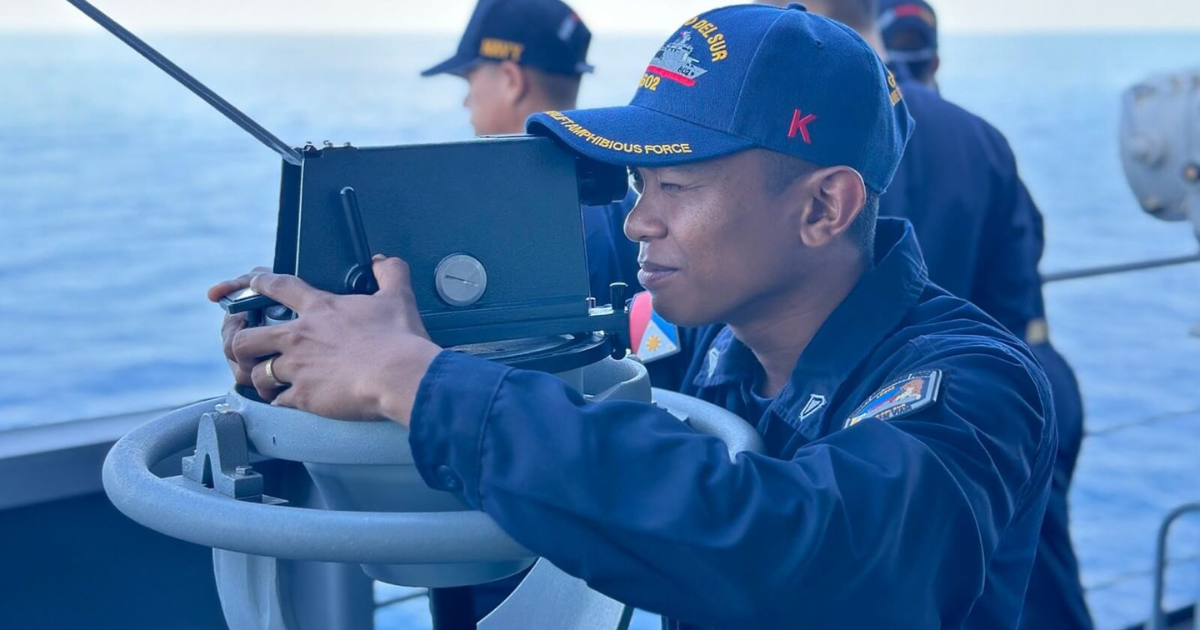
An official at the Philippine embassy in Washington said the United States may provide up to $1 billion in foreign military sales to Manila next year, the largest allocation in a single year.
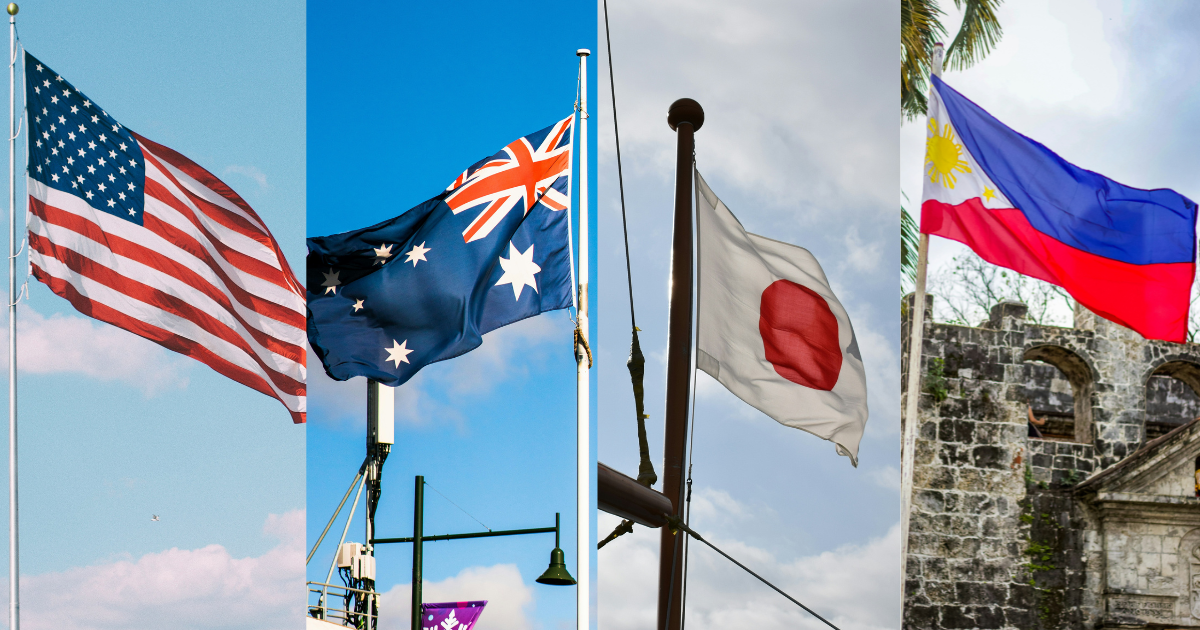
United States Defense Secretary Lloyd Austin has unveiled a new regional security alliance, a significant move in the geopolitical landscape, aimed at countering China’s influence in the Indo-Pacific region.

Some say the Philippines may become a pawn in the dangerous chess game between the United States and China.
This could be the perfect narrative from some people supporting the Chinese propaganda, particularly former president Rodrigo Duterte and his followers.
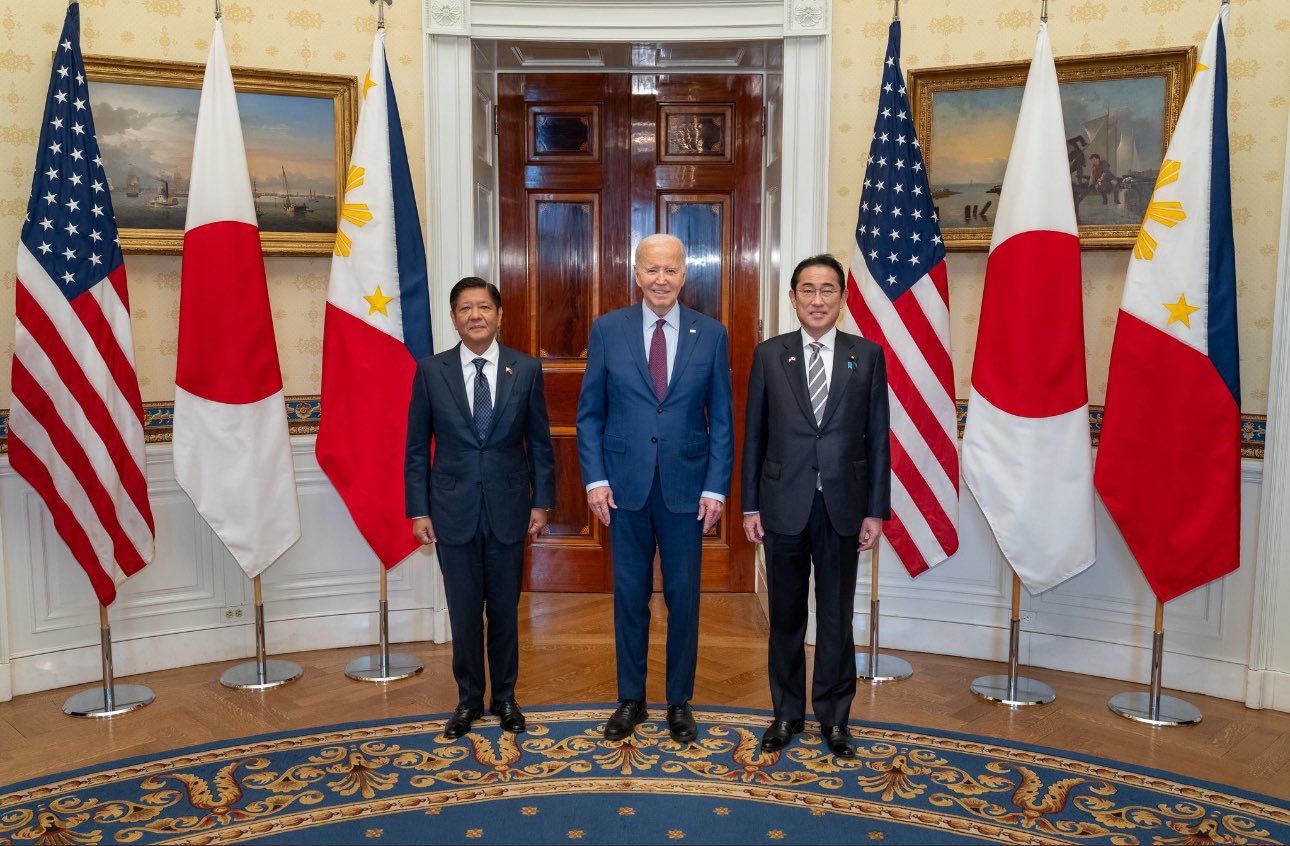
“I think the trilateral agreement is extremely important,” Marcos said in a news conference, a day after meeting President Joe Biden and Japanese Prime Minister Fumio Kishida in Washington.

Rodrigo Duterte has opened himself to lawsuits.
Agreeing to something he does not fully understand is so stupid. Worse, he has allowed the country to potentially lose a strategic outpost to monitor and check Chinese activities in the disputed South China Sea.

Speaking at a forum hosted by Australia’s Lowly Institute in Sydney, Admiral John Aquilino likened China’s unilateral activities to what Russia had done in Ukraine.
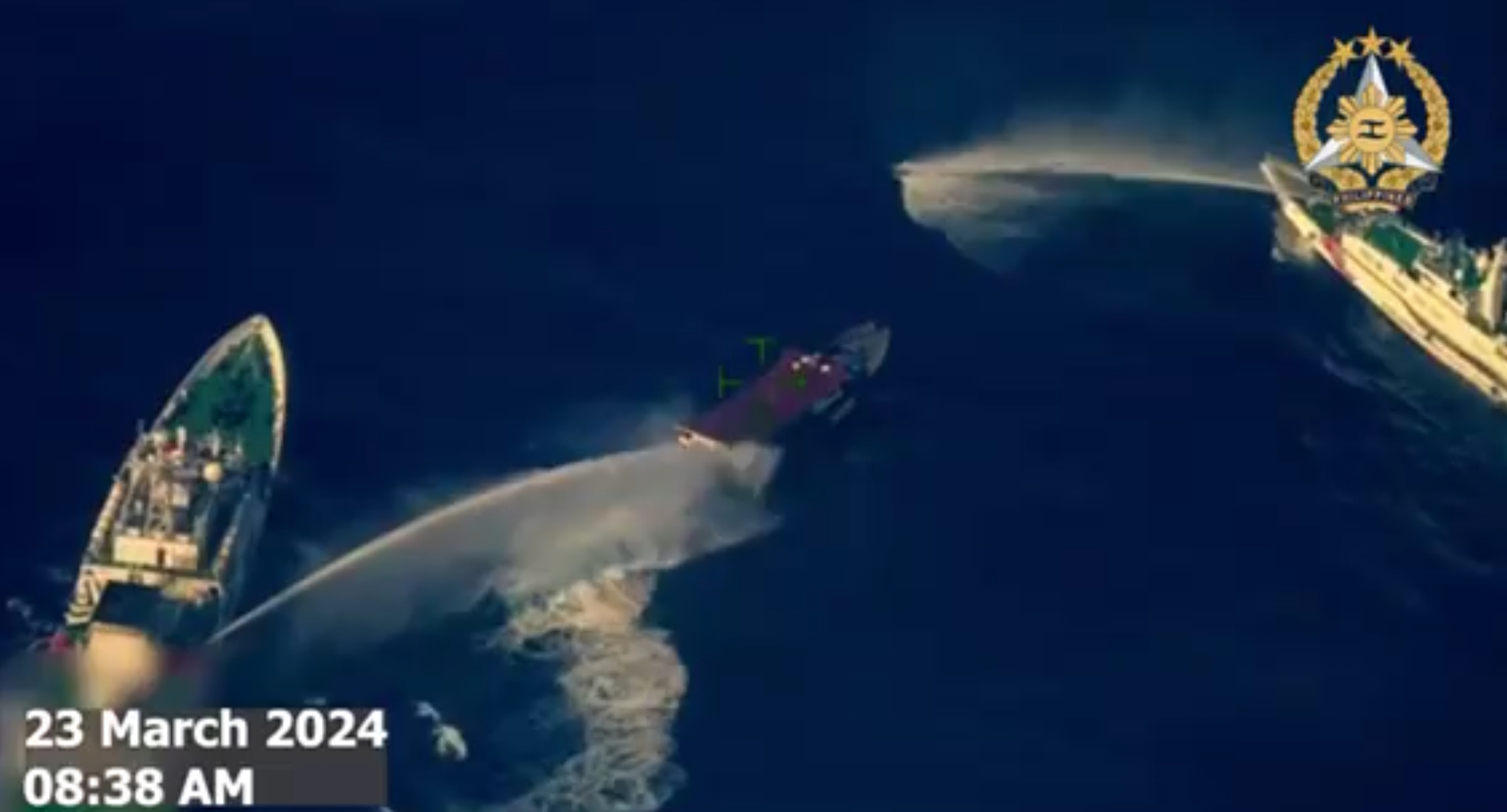
Testifying in the US Congress for the last time before he hangs up his naval uniform, US Indo-Pacific commander Admiral John Aquiilino has warned of China’s ambitions to expand its global military influence in the Indo-Pacific area and other parts of the world.

China has accused the Philippines of not honoring its promise not to repair BRP Sierra Madre, a stranded naval transport on Ayungin Shoal, and only to deliver food and water to troops stationed on the rusting vessel.
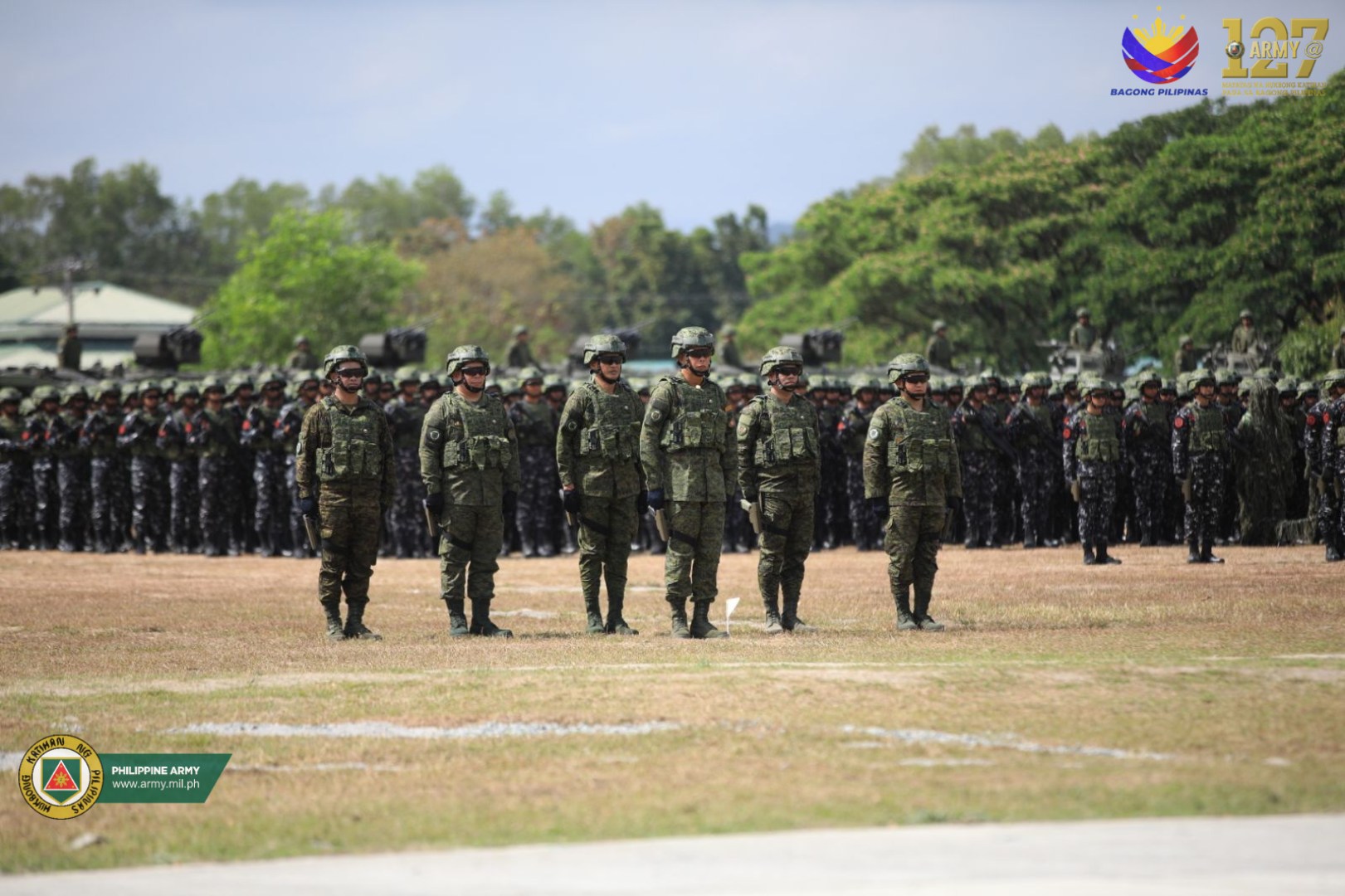
The United States military has started to deploy an unspecified number of ground troops in northern Luzon as part of its new military strategy to counter China’s creeping influence in the Indo-Pacific region.
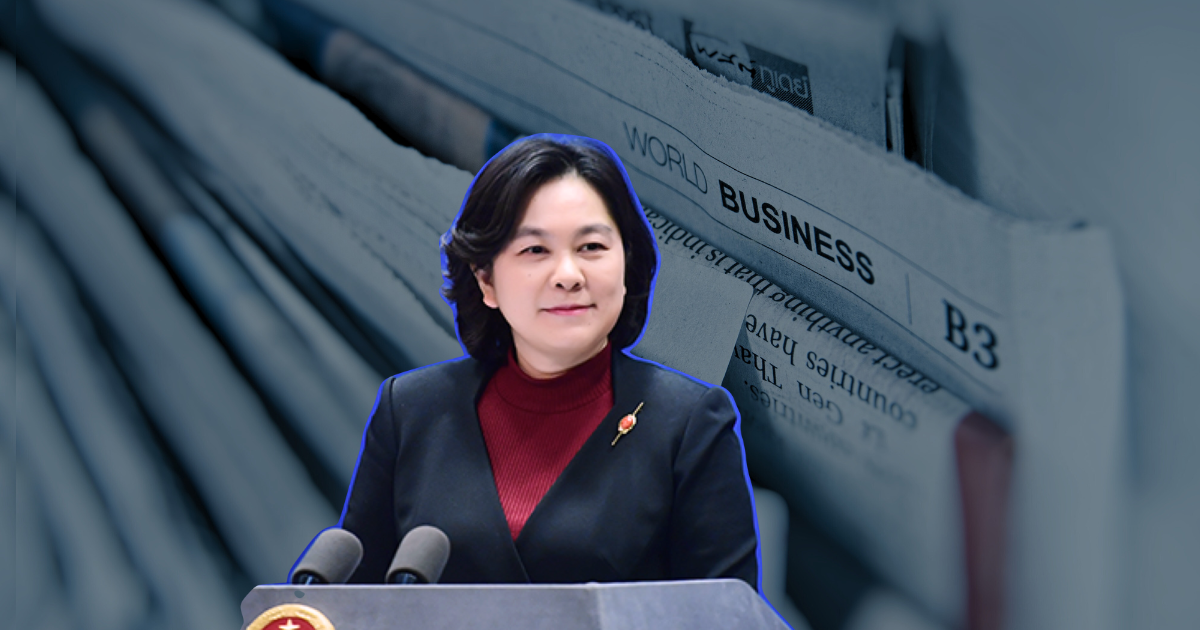
A Chinese diplomat said the Philippines would take journalists every time it delivers supplies to a grounded vessel in the Second Thomas Shoal and use them as propaganda tools to malign Beijing’s image as aggressors in the disputed sea.

The Philippines has condemned the unprovoked aggression in the West Philippine Sea after the latest harassment near Second Thomas Shoal, which resulted in three men suffering injuries and their indigenous boat severely damaged.
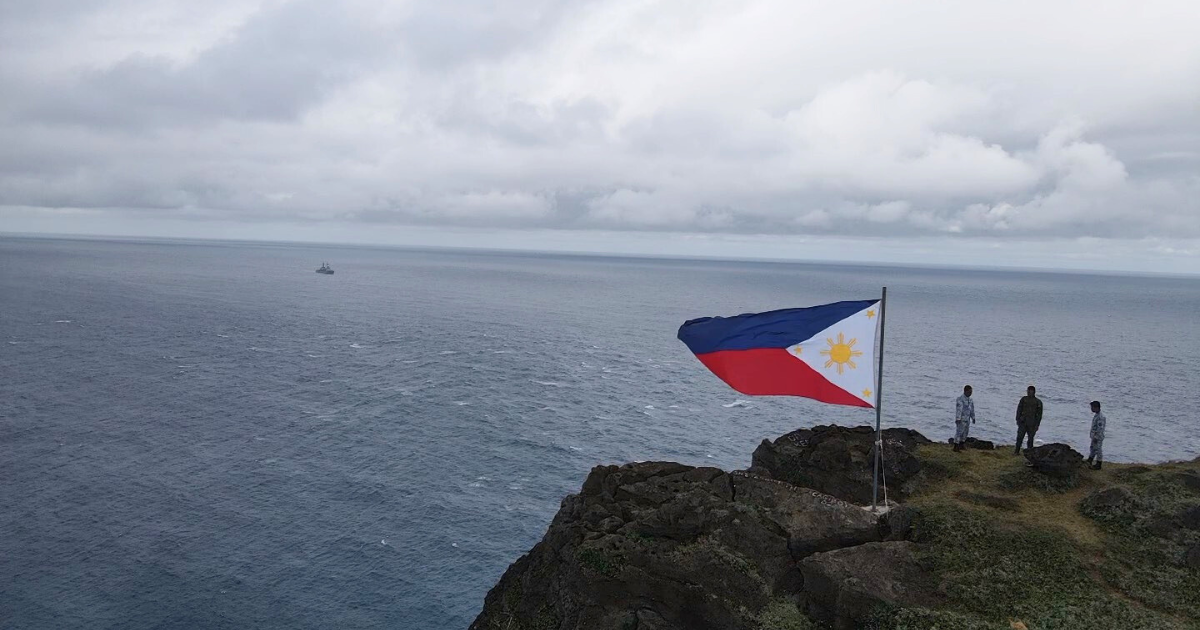
Worried about frequent intrusions from foreign vessels over its sovereign waters, the defense secretary ordered the military to tighten border security, adopting a new defense strategy to protect its national interests.
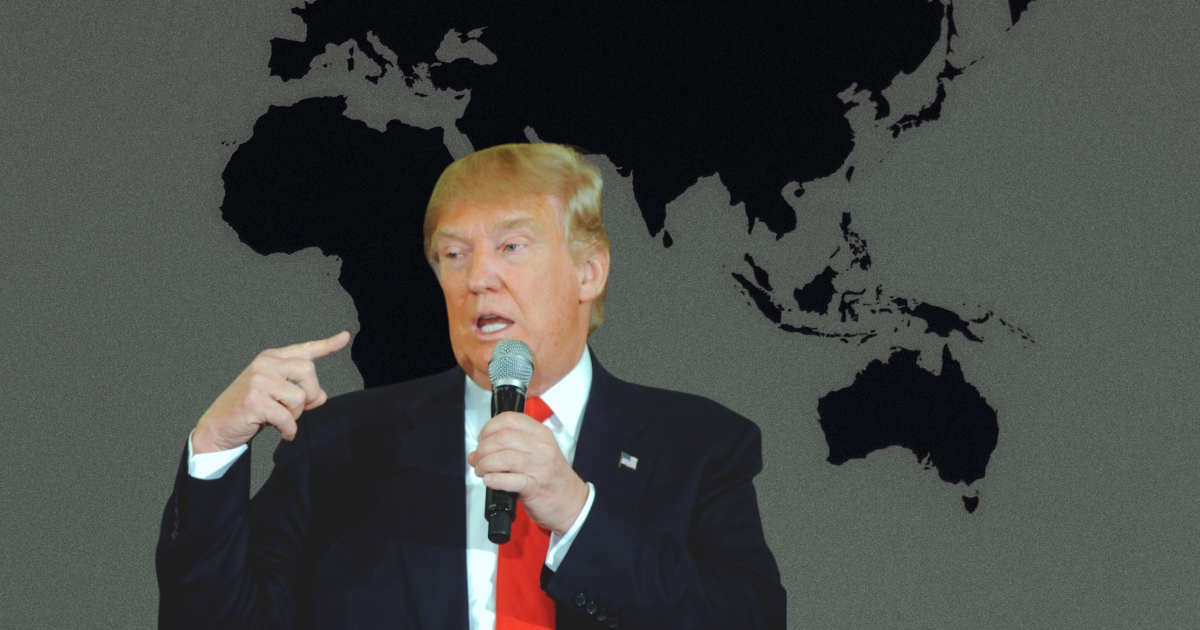
If former president Donald Trump returns to the White House after the November presidential elections, his former national security adviser assured the Philippines that the United States’ foreign policy toward the Indo-Pacific region would not change.

Four crew members were slightly injured, and two vessels sustained minor damages after Chinese Coast Guard ships blocked, rammed, and water cannoned Philippine vessels bringing supplies to a grounded naval transported in disputed waters in the South China Sea.
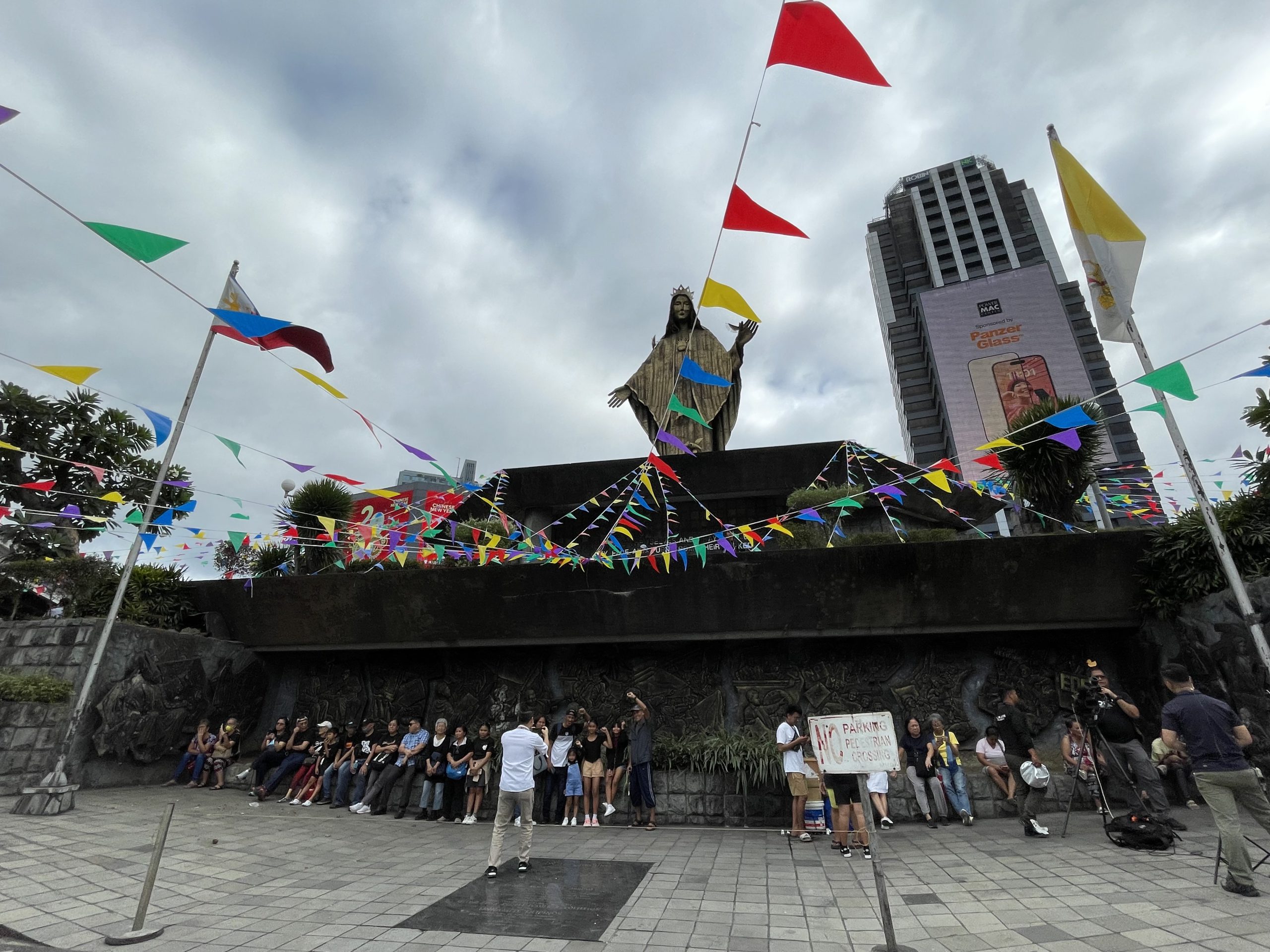
Thirty-eight years ago, a million people gathered at Manila’s major highway to stop a dictator from getting back at two men who dared to challenge him.
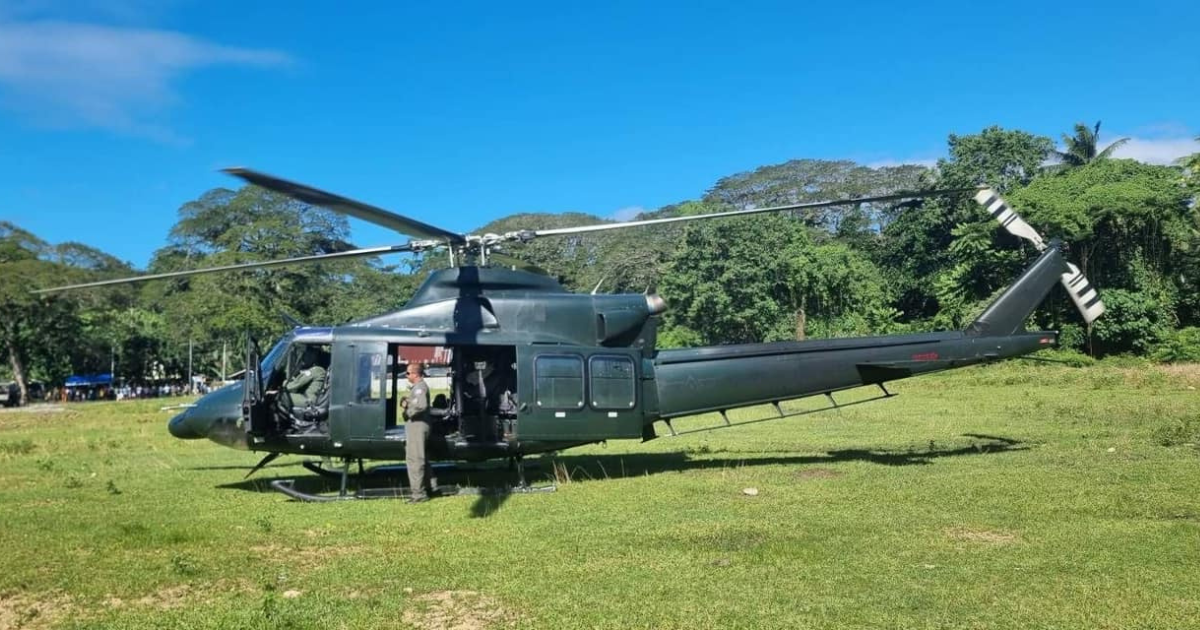
After the United States was kicked out from its two large overseas military bases in Subic and Clark, the Philippines laid naked in terms of external defense as its Armed Forces was primarily a domestic force to quell two persistent insurgencies from Maoist-led rebels and Muslim separatists.

The Philippines is rushing to become a middle power, joining other states in the Indo-Pacific region and earning a degree of respectability.
It planned to spend ₱19 trillion in the next ten years to upgrade its antiquated military firepower, mobility, and communications.

President Ferdinand Marcos Jr. has approved the defense department’s revised third-phase military modernization plan to strengthen the country’s external defense posture.
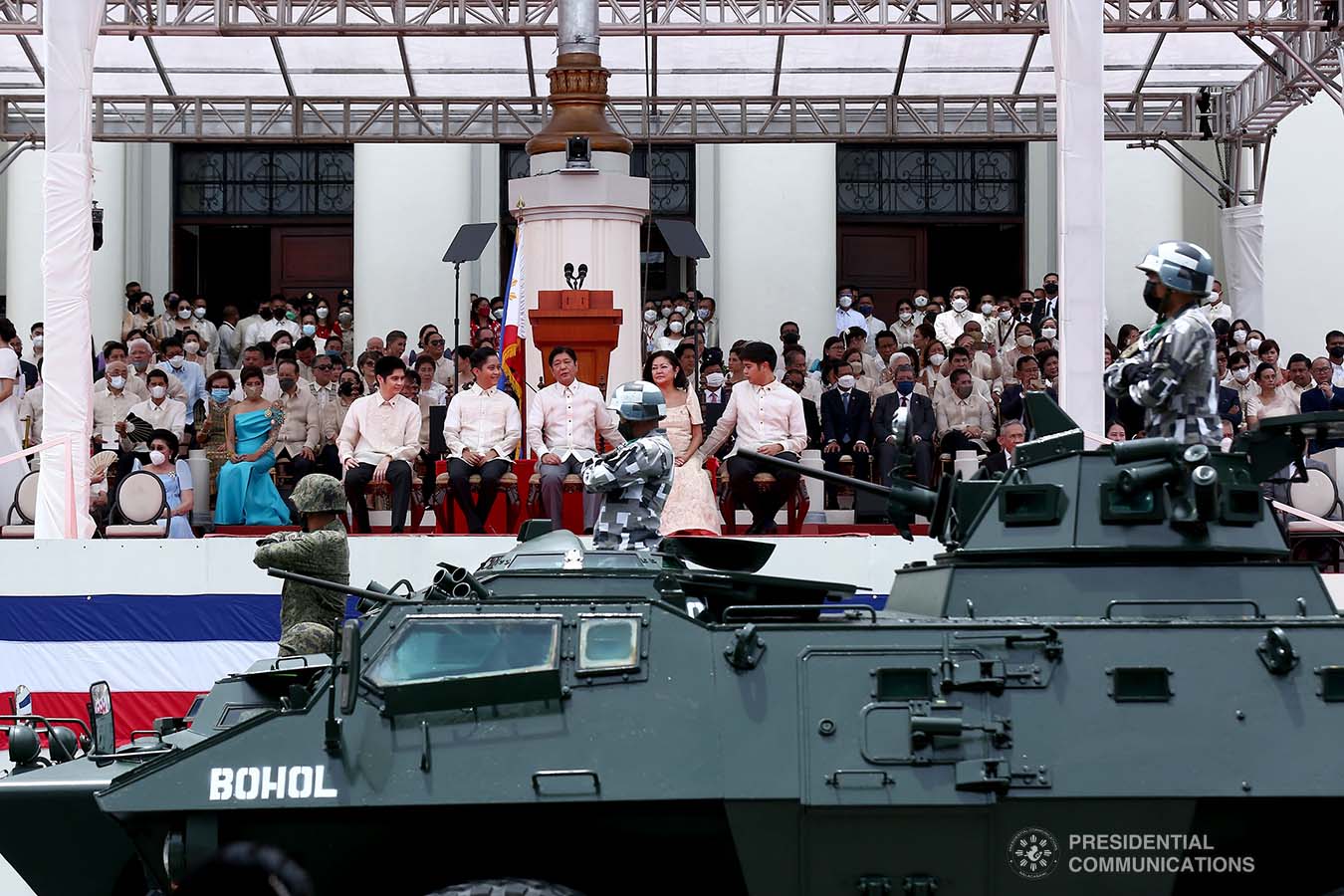
Ferdinand Marcos Jr. has approved a very ambitious capability upgrade for the Armed Forces of the Philippines to cement the Philippines as a middle power in the region.

Tired of sending diplomatic protests to the Chinese foreign ministry every time Beijing violates the country’s sovereign rights in the West Philippine Sea, President Ferdinand Marcos had asked his diplomats and security officials to develop new concepts for dealing with maritime disputes with China.

When Ferdinand Romualdez Marcos Jr ran for president in the May 2022 elections, he was on a personal crusade.
The namesake and only son of the disgraced dictator, who had ruled the country with an iron fist for almost two decades, wanted to redeem his family’s honor.

Japan has promised to transfer technology and equipment to boost the Philippines’ maritime security, a defense official said on Friday as tensions rise in the South China Sea due to China’s growing presence and activities.
